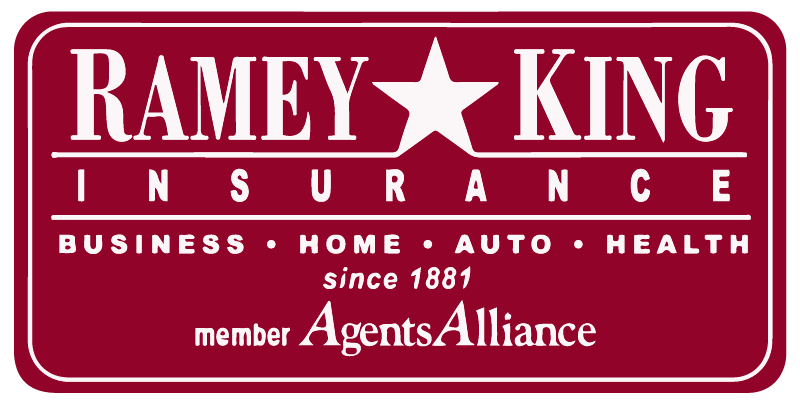 The risk of flooding can strike pretty much anywhere and everywhere. Even if you live outside of a high-risk area, your home is still vulnerable to these natural disasters.
The risk of flooding can strike pretty much anywhere and everywhere. Even if you live outside of a high-risk area, your home is still vulnerable to these natural disasters.
Now, if you live in these high-risk areas, you probably already have the required flood insurance protection. But what if you don’t? Well, we’re here to help clarify some information about flood insurance in another one of our weekly installments!
Those that live outside of a high-risk flood area are not required by law to purchase flood insurance. However, please keep in mind that you are still at risk for flooding and should consider purchasing this additional coverage. Natural disasters can strike anywhere without prejudice and your homeowner’s policy does not cover damage due to flooding.
When it comes to getting coverage on your flood insurance, you are usually eligible as long as your community participates in the National Flood Insurance Program (NFIP). One key difference in flood insurance in comparison to your homeowner’s insurance is that flood insurance is the only type of insurance that will cover losses to your property caused by flooding. When purchasing flood insurance, it’s important to remember that there is usually at 30-day waiting period before coverage becomes effective.
One positive to obtaining flood insurance is that premiums are set by the NFIP and do not differ among insurance companies. So, regardless of where you purchase your flood insurance, you are getting the same rate across the board.
Regarding the protection flood insurance provides, here’s an overview of what is covered:
- The insured building and its foundation
- Electrical and plumbing systems
- Central air-conditioning equipment, furnaces, and water heaters
- Refrigerators, cooking stoves, and built-in appliances such as dishwashers
- Permanently installed carpeting over an unfinished floor
- Permanently installed paneling, wallboard, bookcases, and cabinets
- Window blinds
- Detached garages (up to 10% of building property coverage); detached buildings (other than garages)
- Debris removal
When it comes to the contents of your home, here’s an overview of what is covered:
- Personal belongings such as clothing, furniture, and electronic equipment
- Curtains
- Portable and window air-conditioners
- Portable microwave ovens and portable dishwashers
- Washers and dryers
- Food freezers and food in them
- Certain valuable items, such as original artwork and furs (up to $2,500)
It is also important to note what is not covered under your flood insurance policy. Here is a partial overview of what is excluded under the policy:
- Damage caused by moisture, mildew, or mold that could have been avoided by property owner
- Currency, precious metals, and valuable papers such as stock certificates
- Property belonging outside of the building such as trees, plans, wells, septic systems, walks, decks, patios, fences, seawalls, hot tubs, and swimming pools
- Living expenses such as temporary housing
- Financial losses caused by business interruption or loss of use of insured property
- Most self-propelled vehicles such as cars, including their parts
As always, it is important to talk about flood insurance with your insurance provider. Floods can strike anywhere and everywhere, so it is important to be protected in the event of an emergency. Here at Ramey King, we’d be happy to sit down and discuss flood insurance with you to help protect your home and its contents!



